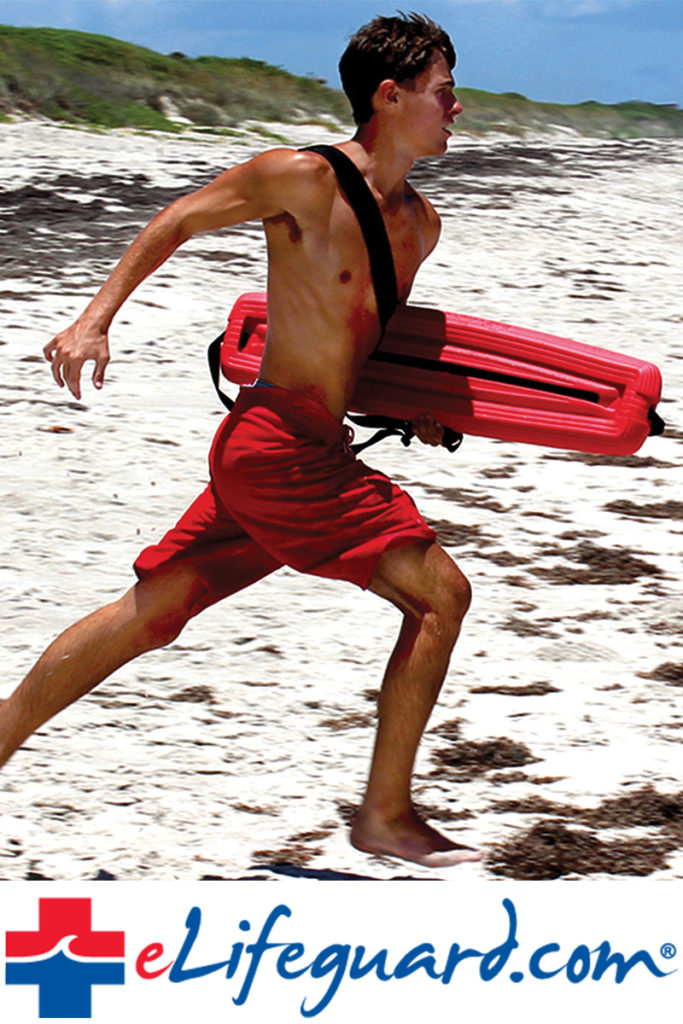Magnesium Uses for Muscle Recovery
As a lifeguard, your muscles are constantly on the go. Whether sprinting for rescues or lifting heavy objects, you use your muscles often on the job. For that reason, it’s important you give them rest and nutrients to recover… especially if you’re lifeguarding several days a week. One tried-and-true way? Magnesium. Read on!
 First of all, what’s magnesium?
First of all, what’s magnesium?
You’ve probably seen it on the nutrition list on the back of your food labels — or in your daily vitamins. Magnesium is an essential mineral. Most cells in the body require magnesium to function, so it’s got a big job to do.
How does magnesium help with muscle recovery?
When you work out, your muscles contract. (That’s why they get sore!) What magnesium does is it blocks calcium uptake and allows your muscles to relax. Just like we need a full night’s rest to relax and recover, our muscles need help recovering after strenuous workouts.

When to take magnesium?
Magnesium isn’t just for post-workout mode. In general, magnesium helps improve exercise performance —  strength, power, and endurance. You’ll find magnesium naturally in a range of foods, like spinach, nuts, seeds, and grains. You also can take a daily magnesium supplement if you don’t find yourself eating those foods that are high in magnesium.
strength, power, and endurance. You’ll find magnesium naturally in a range of foods, like spinach, nuts, seeds, and grains. You also can take a daily magnesium supplement if you don’t find yourself eating those foods that are high in magnesium.
Ready to recover your muscles? Start integrating magnesium into your diet or buy a daily supplement and you’ll be on your way to well-rested and relaxed muscles, able to take on your lifeguarding work every day.
To be sure you are not missing out on any lifeguard stories, please subscribe to our newsletter here!
For future articles about lifeguarding related industry topics, visit www.lifeguardtv.com





